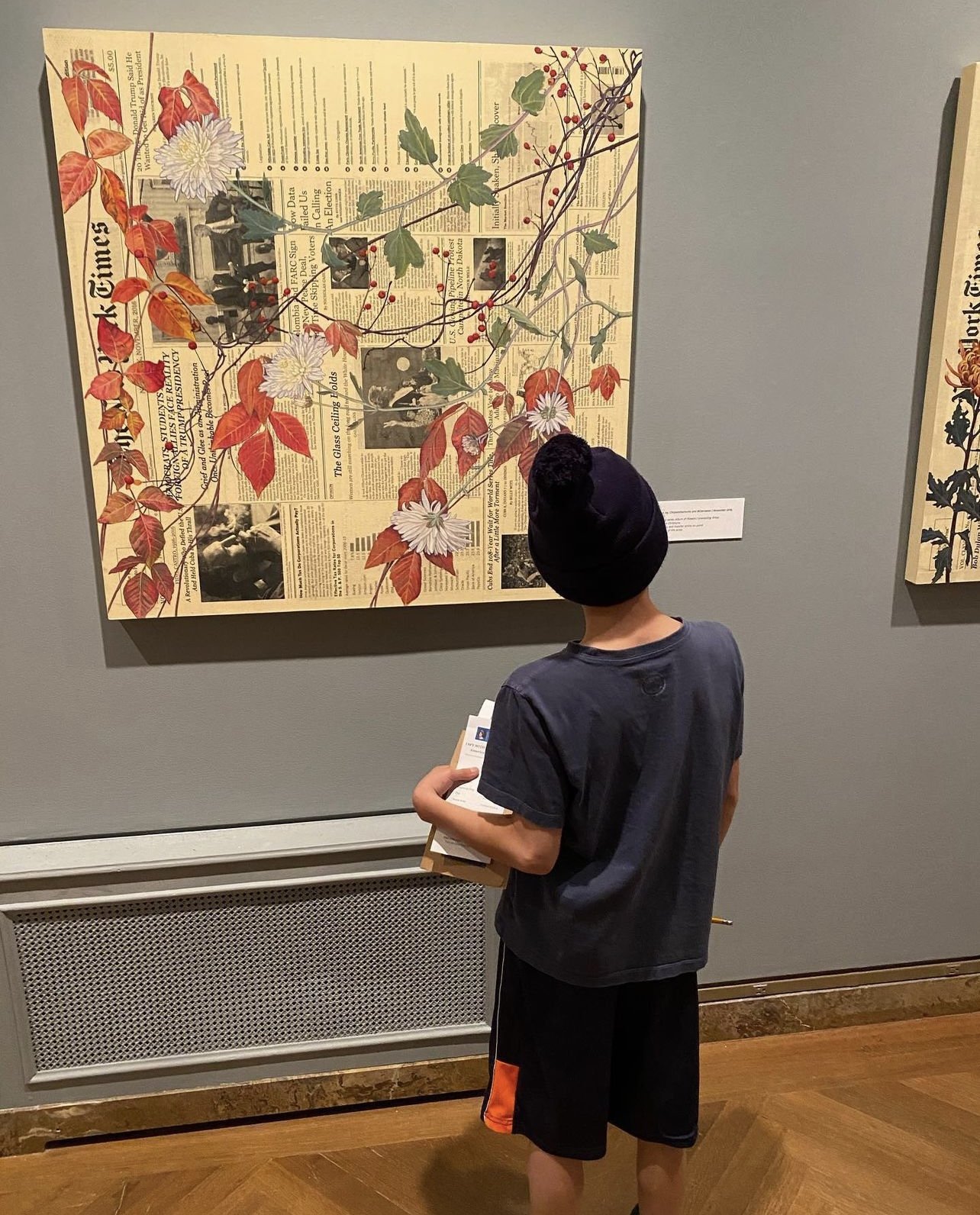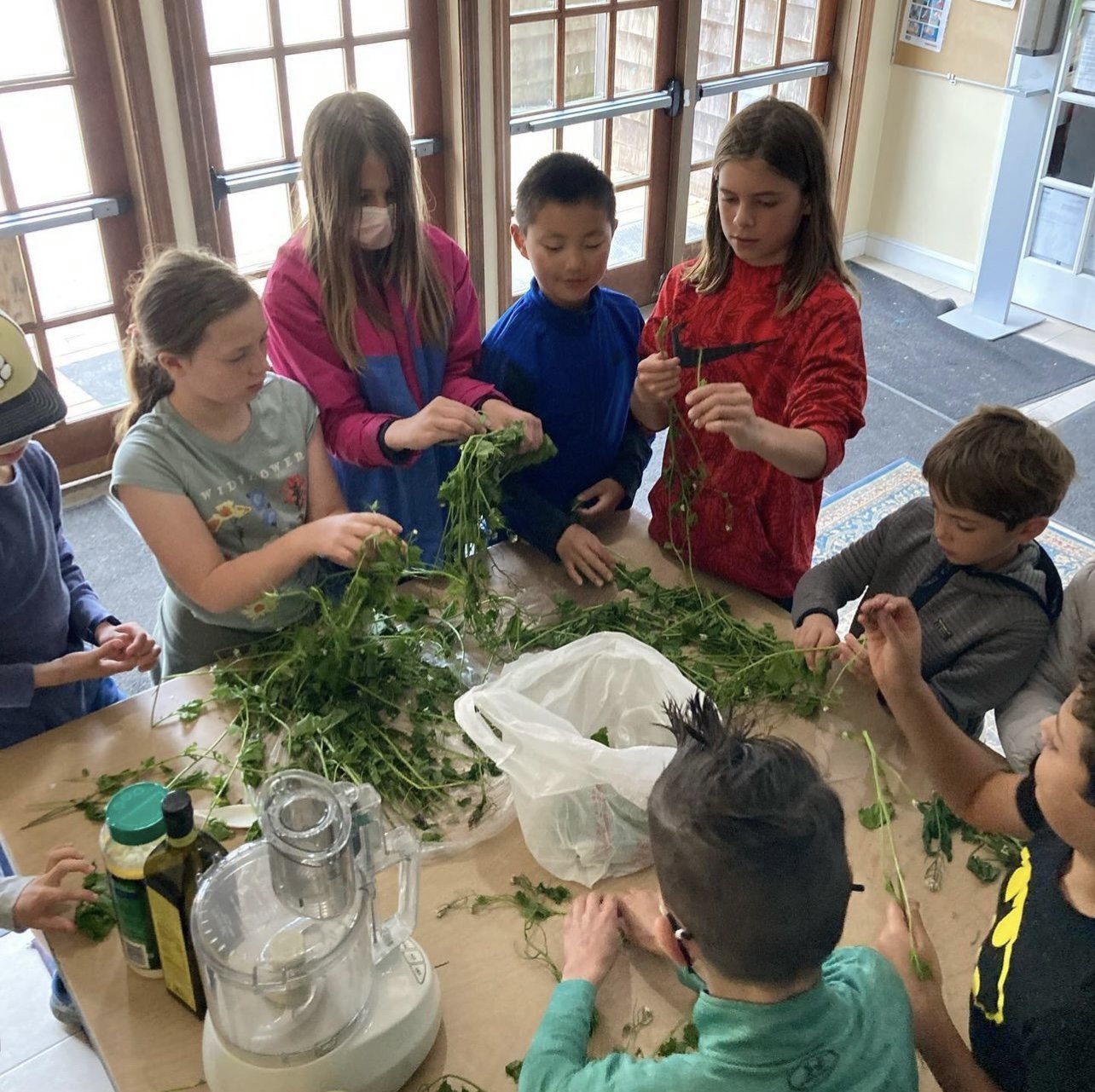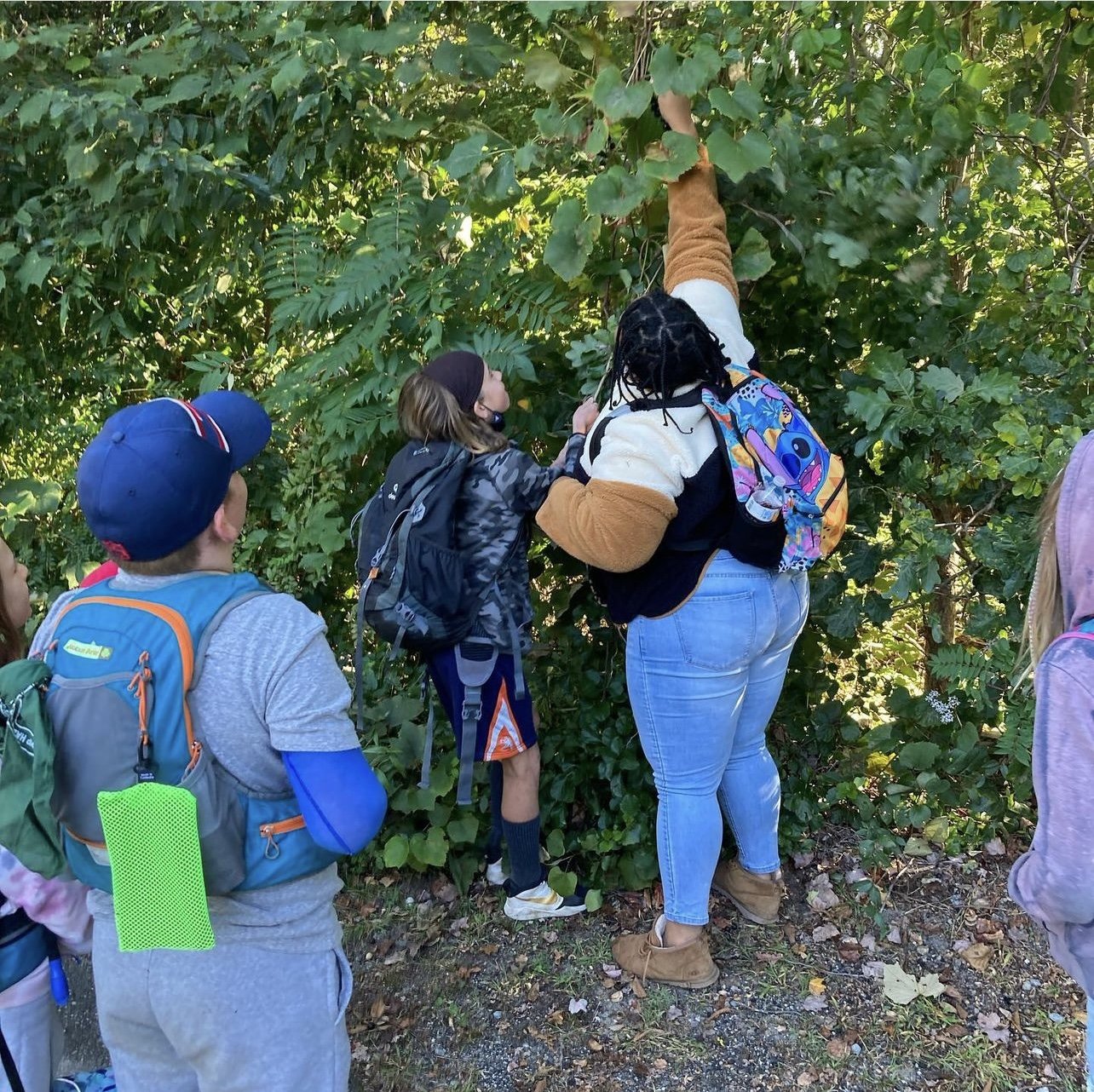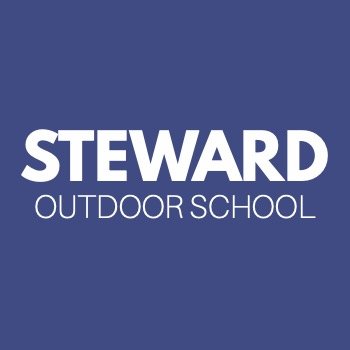
Curriculum
Thematic, Hands-on, experiential learning.
Through a hands-on, thematic curriculum grounded in the CT Core Curriculum standards, we tailor our student’s curriculum to be both age appropriate and experiential. All subjects are tied together through nature and an appreciation of the land we roam on.
At different levels, Stewards seek to consider five essential questions:
How can we learn more about ourselves, our community, our country, and our environment?
How are natural systems, individuals and communities connected and interdependent?
How has technology affected the world throughout history?
How are we impacted by the forces of nature and how do we react or adapt to these disturbances?
What does the Earth provide for its inhabitants and how do we sustain Earth’s bounties?
-
Earth and Environmental Science is taught in the field on our 740-acre campus.
Below is a sample of Science themes by grade:
K: Forces: Push & Pulls, Ecosystems, Weather & Climate.
1st: Waves: Light & Sound, Structure & Function, Space Systems.
2nd: Properties of Matter, Ecosystems, Earth’s Systems, Water Cycle, Erosion & Forces of Nature.
3rd: Forces & Interactions, Weather & Climate, Life Cycles & Traits, Ecosystems.
4th: Energy, Waves, Structure & Function, Earth Systems, Processes that shape the earth.
5th: Structure & Properties of Matter, Matter & Energy in Organisms & Ecosystems, Earth’s Systems, Stars & Solar System.
Stewards connect scientific principles to real world situations which allows for instruction that explores topics about the world they inhabit.
-
Stewards engage in place-based history. They explore history from socioeconomic and racially diverse perspectives. Students are asked to identify and explore motivations, viewpoints, and actions of individuals and groups. Our location allows for local indigenous studies, field studies at Revolutionary War sites in CT and visits to local historic sites that provide context to the Colonial era, the Civil War, Reconstruction, and the era of Industrial and economic expansion.
-
Stewards write a lot! They complete at least one writing assignment each week and carry their INWORMO journals at all times. Stewards are encouraged to focus on, observation, content and mechanics while making entries in their journals. The launch of the Steward Times newspaper has brought a whole new level of fun and engagement to the subject of literature and composition.
-
At Steward our faculty weave together traditional textbook instruction with practical application. Real-world and in-the-field applications of the math helps students develop a deeper understanding of mathematics and gives them stronger problem-solving skills. For example, Stewards learned how to exchange money, budget and calculate expenses when they ran businesses during in the community MossVille project. This community was 100% student created and run. Because of the small class size students often receive 1:1 math instruction. In this setting we have seen students experience rapic growth in their math skills and an increase in confidence when working with numbers.
-
Through daily outdoor experiential learning and adventure, Stewards develop leadership and team-building skills while learning about themselves, about others and about the world around them. Themes and content from Literature and Composition, Earth Science, and United States History are woven into Environmental Outdoor Education. We combine environmental learning, wilderness education and adventure-based physical activities that allow students to practice and learn how to communicate, work together and take risks.
-
We pull together conversations and coursework from across the curriculum and encourage Stewards to apply ethical thinking to their studies by asking them: how, then, shall we live? And, why should we care? Beginning with an introduction to social ethics, students consider and critique different principles and theories which purport to explain what makes an action right or wrong. Students then investigate the status of ethical theories and develop claims and counterclaims regarding whether there are objective truths about how we ought to live, or if ethics is ultimately a subjective matter. Students consider practical ethical issues such as poverty, environmental justice, racism and animal welfare. The structure of the curriculum ensures a highly engaging environment in which they can consider the entirety of their Steward experience through an ethical lens.






